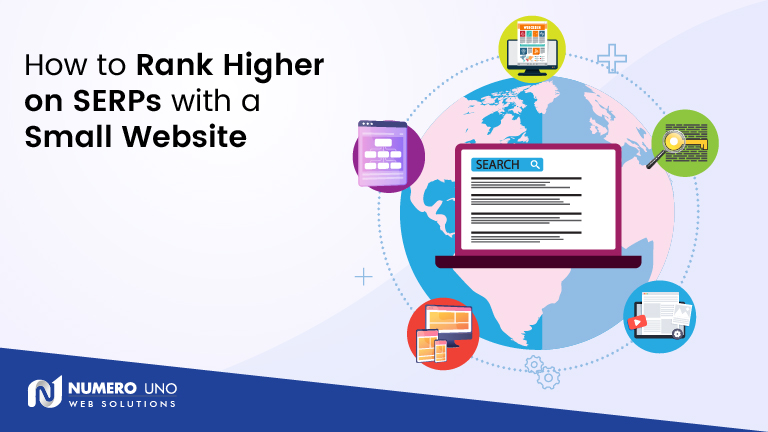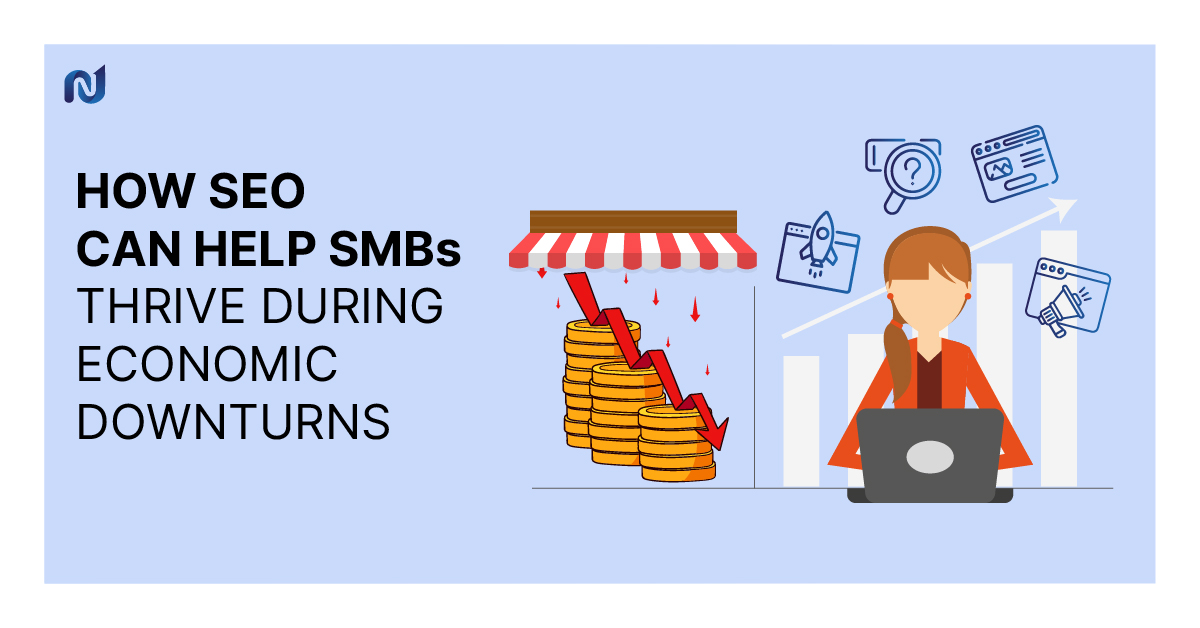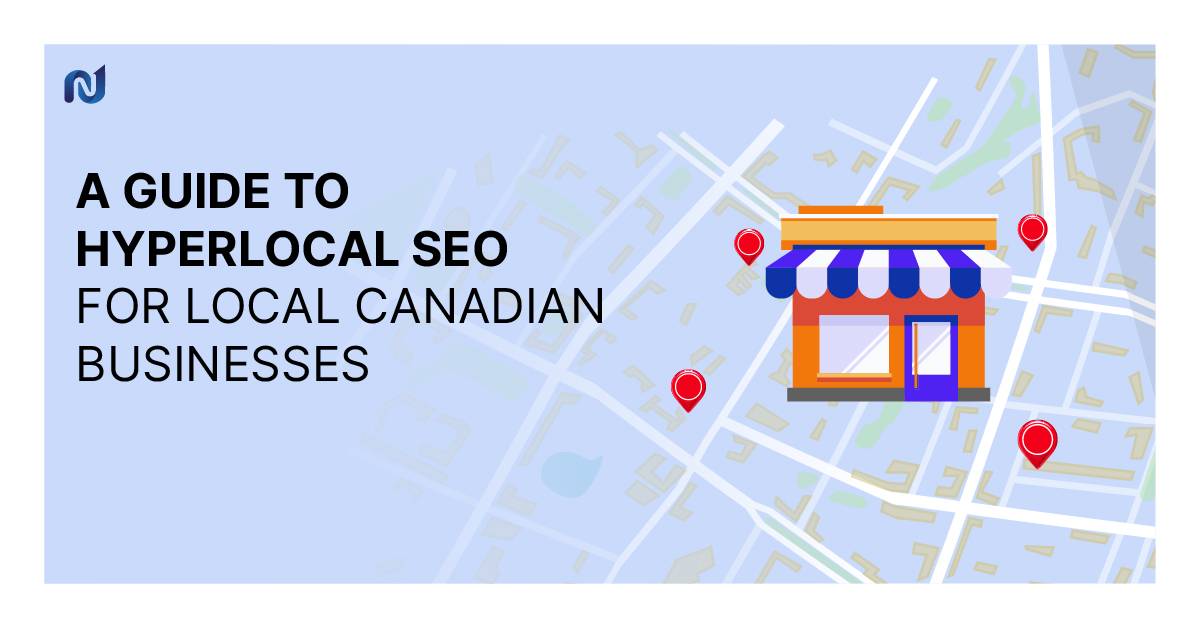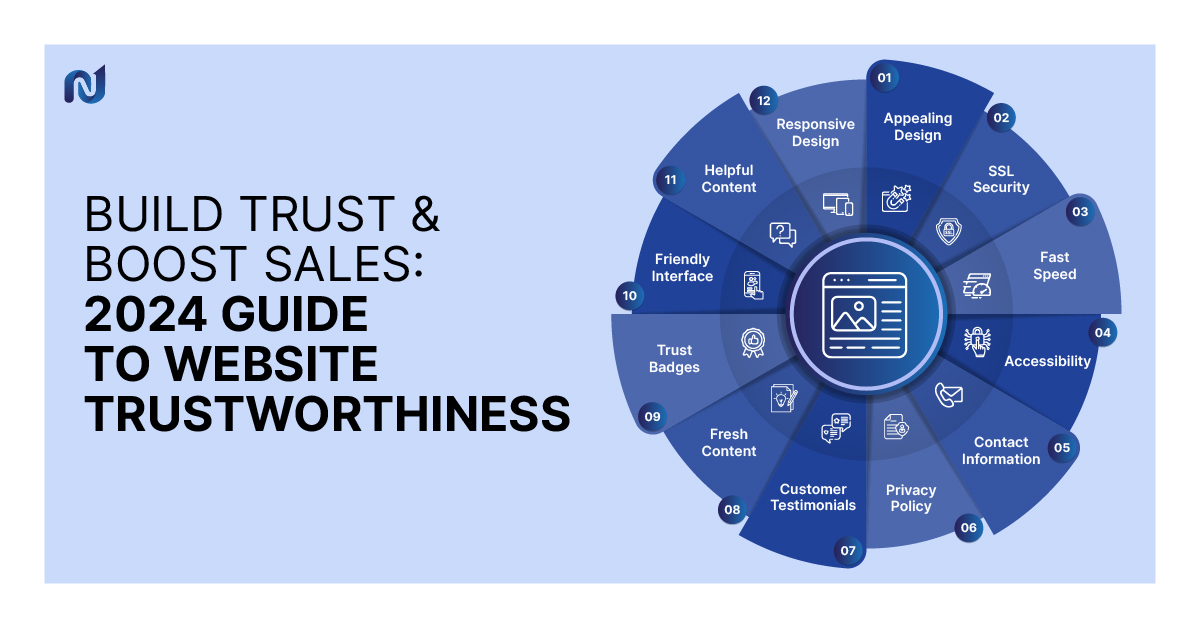
Websites are an integral part of your business’s online identity and digital marketing campaigns. Every business needs a well-designed, interactive, and informative website that educates visitors about the brand and company history, as well as the products and services you provide.
Nowadays, it’s fairly common for consumers to research products and services before making a purchase. They want to make sure that they’re making a smart choice in terms of the companies they support, which is perfectly understandable. SMBs, however, don’t always have access to the same well of unlimited resources that large enterprises do. That means they don’t have as much money to spend on website expansion or content creation.
Not to worry, though, because there are ways of executing effective search engine marketing (SEM) strategies in Toronto. All it takes is a little bit of elbow grease and proper planning so that you can make the most out your website by incorporating apt search engine optimization (SEO) techniques.
Why Does Your Business Need a Website?
For one thing, your website is like your calling card. A good website should contain all of the information you want your existing and prospective customers to know about your business. That includes an About Us section that acquaints users with how you established your business, where the idea came from, and what inspired you.
Next, your website should also have a detailed products and services page (or several pages if you’re able to include them) so that users can easily locate what they’re searching for. Limited space or bandwidth doesn’t necessarily have to translate into limited content.
You can include complete products and services pages one of each or as many as you need that provide brief descriptions of each item accompanied by high-quality images that aptly illustrate what you do.
Additionally, your website is the best resource users have for better understanding and connecting with your business. Creating interesting and timely content that pertains to your business and industry as a whole helps establish more in-depth, personalized, and memorable user experiences that are guaranteed to make a positive and lasting impression.
Tips to Improve Your Small Website’s SERP Rankings
There’s nothing wrong with having a small website that only features a few webpages. After all, everyone has to start somewhere. But if your goal is to eventually expand your business who are we kidding? That’s every business’s objective! then you need to keep an open mind about potentially adding more content in the future. Here are some important search engine marketing tips that can help improve your search engine results page (SERP) rankings.
Perform Keyword Research
Having minimal content on your website means that you need to make the most out of the content that you do have. That means making sure you’re using the right keywords that are going to drive up visibility, SERP rankings, and website traffic. Keyword research gives you valuable insight into what your target audience is looking for and what they expect from your brand. Trending search queries are crucial for filling the gap between brands and their customers.
Search engines are becoming increasingly intuitive at reading between the lines and understanding search intent. Use this knowledge to your advantage by integrating keywords that are directly related to your products, services, and brand identity.
Add Content and Blog Posts
Adding content such as blog posts entails so much more than simply including new pages throughout your website. If you lack the bandwidth to constantly add new pages, then you can rectify this problem by simply enhancing the existing pages on your website. Go through your existing content with a fine-toothed comb and decide what stays and what goes. What’s still relevant and what’s become outdated?
This process is known as content auditing and it should be done at least once every couple of months depending on how quickly information in your industry evolves. Sometimes, all it takes is updating a few statistics here and there or optimizing images to help boost your SERP rankings.
Optimize Your Site’s Platform
Webpage loading speed is one of the top factors that impacts your SERP rankings. Ideally, each page should load in about two to three seconds. If it takes longer than that, most users will get frustrated and leave. It helps to choose a reputable website hosting platform that can support your website’s specific features.
Even if you have a relatively small website with only a few pages, certain elements like large improperly formatted images and videos can increase loading times, which can impede your ranking. Slow loading websites are also harder to crawl, which makes it harder for search engines to find the information users are looking for. This can also diminish your website’s rankability. A reduced crawl budget also makes it harder or even impossible for Google to properly index your website and specific webpages, which will make them even less accessible to users.
Optimizing your website by editing down content, reformatting visual components, and cleaning up your coding can help to improve your loading times and overall rankings. Use Google’s Page Speed Insights tool for valuable insight into how you can boost your website performance. Meta tags, URLs, and on-page text should also be optimized.
Integrate a Mobile-Friendly Design
Most users are searching for content and information on their mobile devices. If your website isn’t mobile-friendly and designed with a mobile-first schema, then you’re already ten steps behind your competition. Mobile-friendly designs make it easier for users to find your content through quick and easy search methods.
Google essentially views all websites as mobile sites, which means your webpages should be accordingly optimized to meet these criteria. As a result, your website is likely to rank better and gain more visibility if it has a mobile-friendly platform.
Submit Your Sitemap to Google for Indexing
Sitemaps contain a detailed list of all of the pages on your website. They essentially keep your website organized and ensure that it’s easy to navigate. A properly planned out and executed sitemap can improve your crawl budget, which in turn, boosts your website’s overall SERP rankability. You’ll create several versions of your sitemap throughout the website development and building stages. It’s a good idea to submit a final version of your sitemap to Google once it’s completed so that the search engine can properly index your website and recognize it for future searches.
Hire an SEO Agency in Toronto
Numero Uno Web Solutions provides professional web marketing and SEO services in Toronto. Our SEO firm in Toronto does everything from designing, developing, and building professional brand websites to enhancing onsite content and incorporating strategic SEO tactics that can boost your rankings. Contact us today to learn more about how we can enhance your business’s small website.



